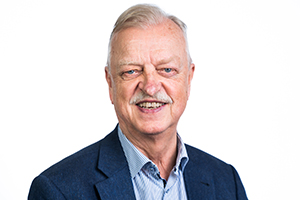Stockholm University
Metals and Enzymes Supported on Porous Materials as Selective Hybrid Catalysts in Organic Synthesis
Academic project
Postdoc
Open
Research question
The aim of the present project is to develop efficient and selective catalysts, where materials are functionalized with catalytic components and used in organic synthesis.
The project will deal with: (i) Metal-immobilization in various porous materials for study of catalytic activities. (ii) New metal- and enzyme-based hybrid catalysts for cascade reactions. (iii) Immobilization of two or more metals in porous materials for novel hybrid catalysts. The heterogeneous catalysts in this project are used for the synthesis of complex organic molecules such as fine chemical and base chemicals.
Sustainability aspects
The fact that the heterogeneous catalysts in this project can be used in tiny amounts and can be recycled and reused many times make these technical processes highly sustainable. With high turnover numbers and a large number of recyclings, gram quantities of the catalyst can be used for production of hundreds of kilograms of fine chemical product. The current project relates to the several WISE Sustainability Development Goals (SDGs) such as SDG no. 3 “Good health and well being” because the heterogeneous catalysts based on porous materials are very well suited for the preparation of pharmaceuticals. It also relates to SDG no. 8: “Decent work and economic growth” as well as SDG no. 12: Responsible consumption and production”.

Stockholm University
Jan-Erling Bäckvall
Professor
jeb@organ.su.se
Explore projects under the WISE program
WISE drives the development of future materials science at the international forefront. The research should lead to the development of sustainable and efficient materials to solve some of today's major challenges, primary sustainability. On this page you can read more about our research projects.
Explore projects